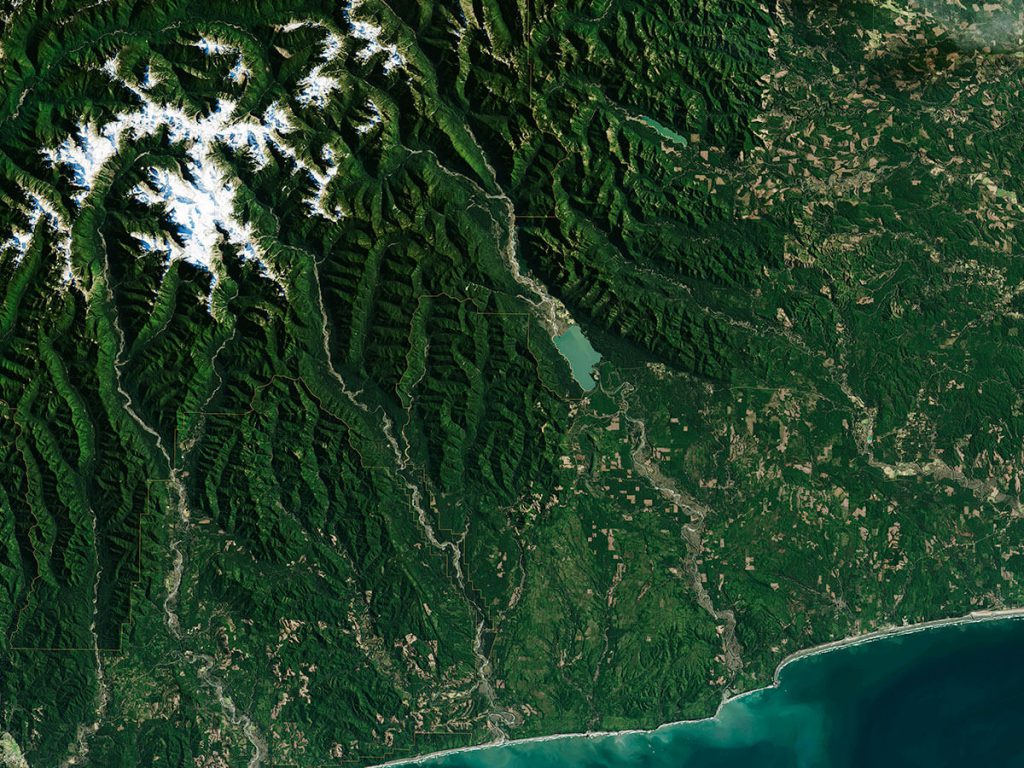
Mapping Sciences Institute, Australia
Navigating the Future of Mapping and Geospatial Science in Australia
The Mapping Sciences Institute, Australia, is an association of professionals engaged in map-making and/or geospatial science – where the latter is defined as “the study of the spatial aspects of terrestrial and geographic datasets.” Our membership comprises practitioners, academics, and students involved in these fields.
Empowering Geospatial Innovators
Nurturing Expertise, Driving Progress
Traditionally, our members were cartographers and surveyors. Today, our diverse community includes graduates in various fields of geospatial science. Our members contribute to mapping projects ranging from topographic and geological maps to geographic information systems development.
MSIA advocates for the importance of mapping sciences in education and the community, recognizing that maps and geographic information play pivotal roles in driving economic, social, and environmental progress.

Our Heritage
Formation and Early Development
The Mapping Sciences Institute, Australia began its journey in 1952 as the Australian Institute of Cartographers. Although the AIC was incorporated in Victoria under Victorian law, it operated as a national organisation and achieved its growth through the establishment of “Divisions” in the States and Territories. The first of these was the Victorian Division in 1953, followed by NSW in 1954 and the ACT in the subsequent year. Much later, in 1985, the Northern Territory Division commenced operations, marking the completion of national coverage. However, the case of Western Australia was unique. The Institute of Cartographers, Western Australia, had been formed in 1951 before the establishment of the AIC, and their amalgamation did not occur until 1970.
The Divisions operated to a large extent independently of each other, but the National Council, comprising representatives from all Divisions, met twice a year to determine policy.
Communications
A standard practice of each Division was to distribute its own newsletter to its members, but as far back as 1954, the journal “Cartography” was issued nationally. This publication has continued uninterrupted until the present time, although its name was changed to “Journal of Spatial Science” in 2004.
Activities
Divisions demonstrated considerable enterprise in arranging seminars, workshops, and technical visits for the professional development of their members. Then, in 1974, the national Council sponsored the first of what was to become an unbroken program of biennial Australian Cartographic Conferences.
Involvement in the International Cartographic Association
Australia, represented by the AIC, was admitted as a member of the International Cartographic Association in 1964. Byrne Goodrick, of the ACT Division, was elected as a Vice President in 1980, and Don Pearce of our Western Australian Division became its Secretary-Treasurer in 1984 and continued in this role for many years. Numerous other members have led or served on various Commissions and Working Groups.
The highlight of our involvement was the staging of the International Cartographic Conference in Perth in 1984. More recently, Professor William Cartwright held the position of ICA President from 2007 to 2011.
Interaction with Similar Organisations
The AIC always had a close relationship with the Institution of Surveyors, Australia, with many members holding dual membership. The relationship culminated in the holding of a joint national conference in Canberra in 1982. We have also maintained close ties with the Australian Map Circle (now the Australian and New Zealand Map Society Inc) and, more recently, with the International Map Industry Association. Joint national conferences have been conducted with both.
MSIA has signed a Memorandum of Understanding with the Surveying and Spatial Sciences Institute, pledging mutual support. The Surveying and Spatial Sciences Institute has become the Geospatial Council of Australia in 2023.
Name Change
With the aim of broadening the membership-base and to circumvent the perceived ambiguity of “cartography”, the name of the Institute was changed to “Mapping Sciences Institute, Australia” – in 1995.
National Council
The Council is responsible for overseeing the effectiveness of current programs and charting future directions for the Institute. The Executive consists of the Chairman, President, Secretary, and Treasurer. Additionally, the Mapping Sciences Institute, Australia, is governed by a Board of Directors.
Executive
President:
John McCormack
Chairman of Executive:
Les Isdale
Secretary:
Patrick Killoran
Treasurer:
John McCormack
Councillors
Alan Unkles
Alan Armitage
Colin Mitford
Graeme Wright
John McCormack
Les Isdale
Michael Turner
Patrick Killoran
Trevor Menzies
Program Managers
Promotion & Management:
John McCormack
International:
Graeme Wright
Membership:
Alan Unkles
Heritage Program:
Trevor Menzies
Editors
Editor-in-Chief of the “Journal of Spatial Science”
Robert Odolinski